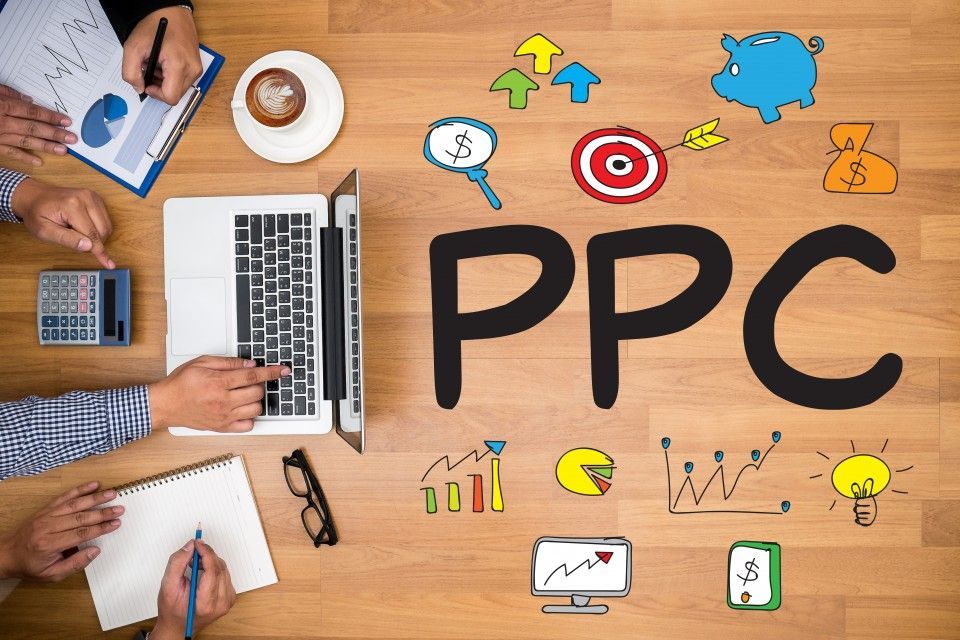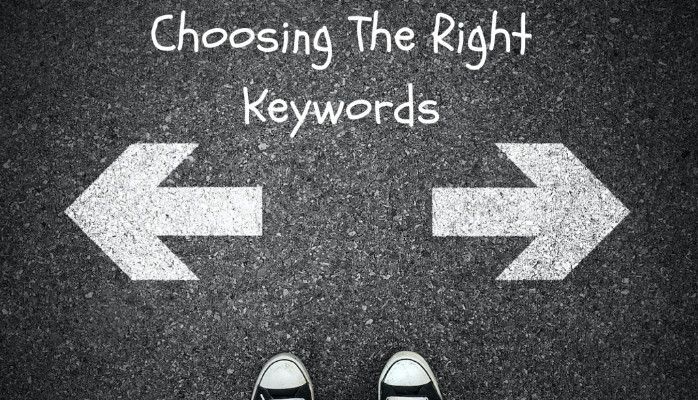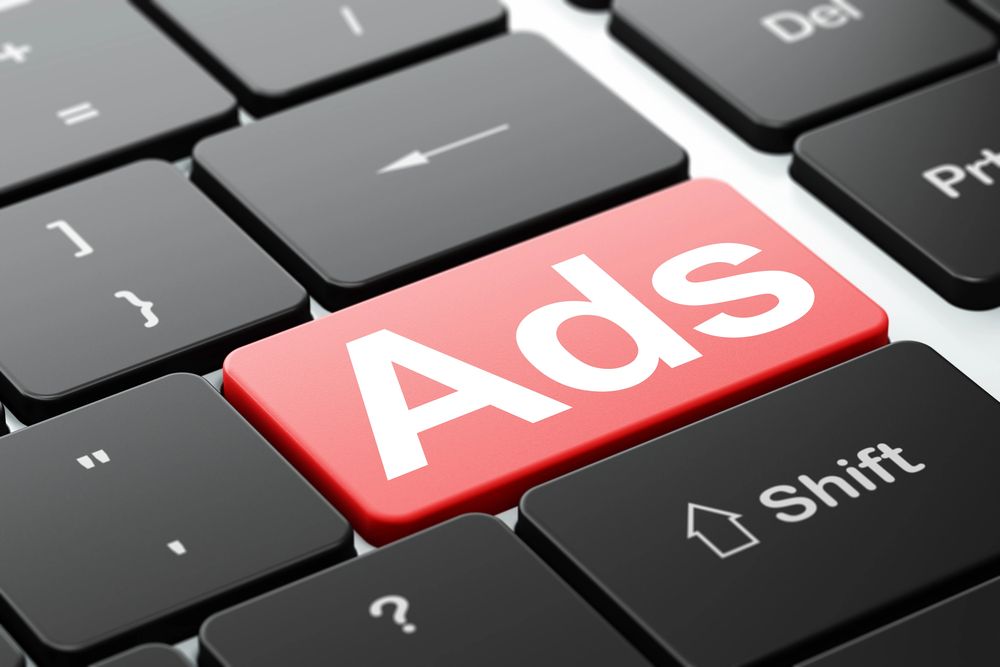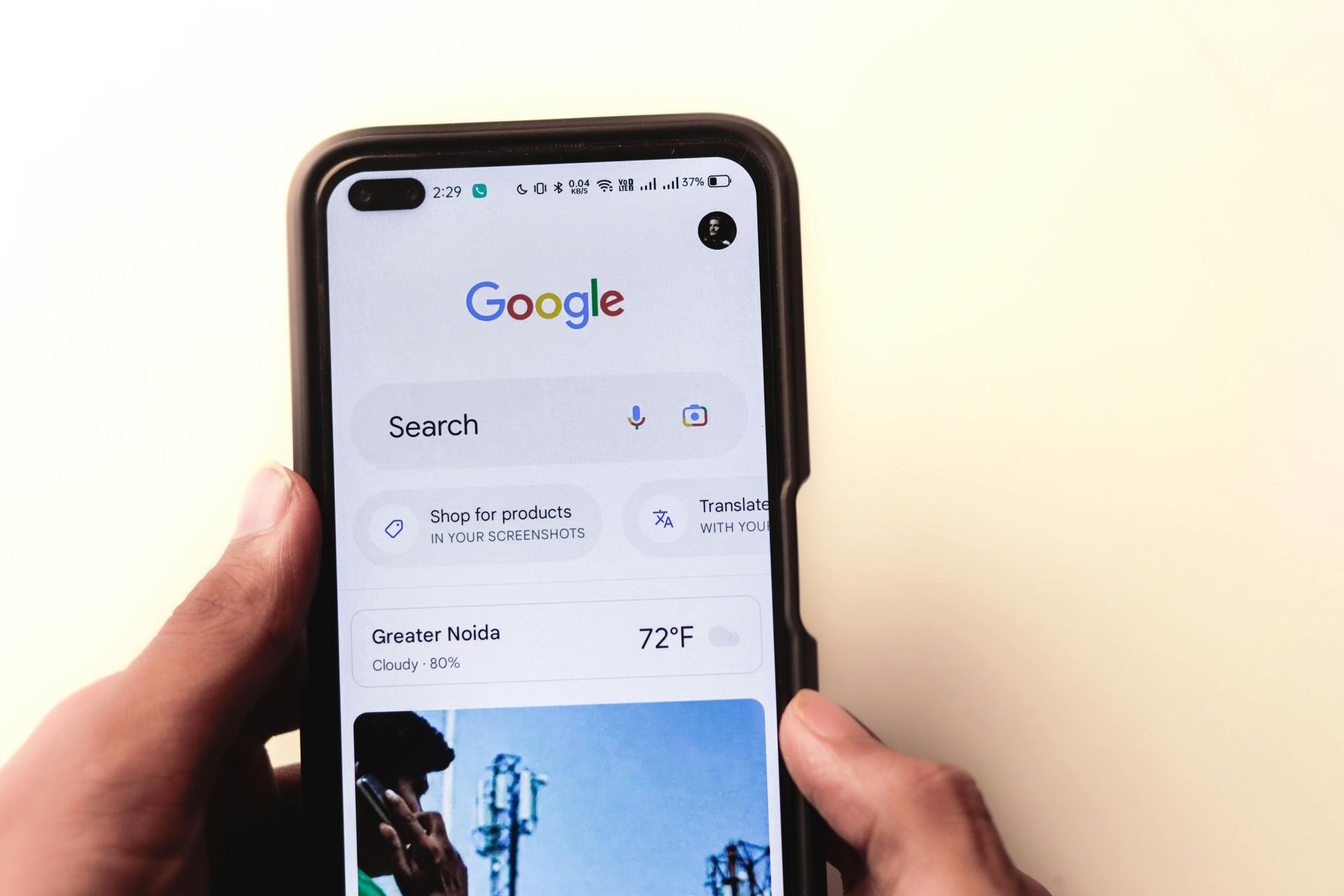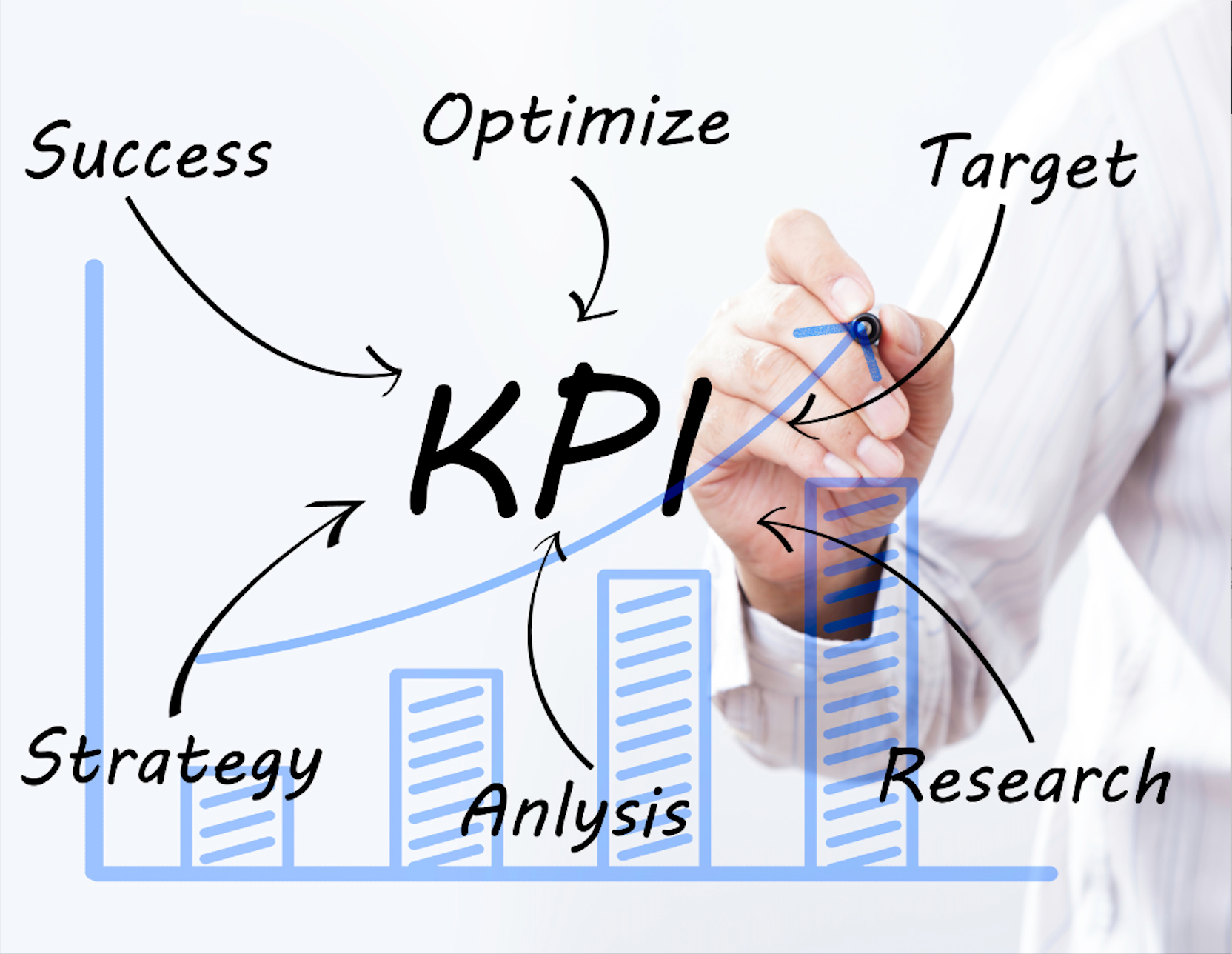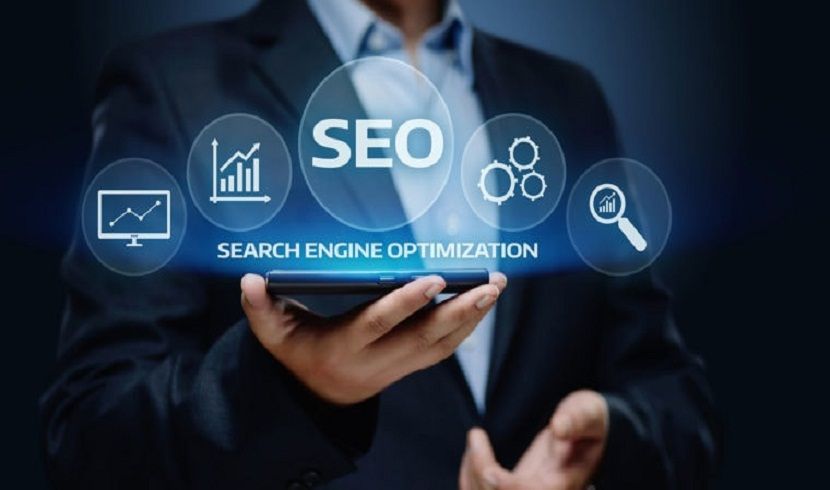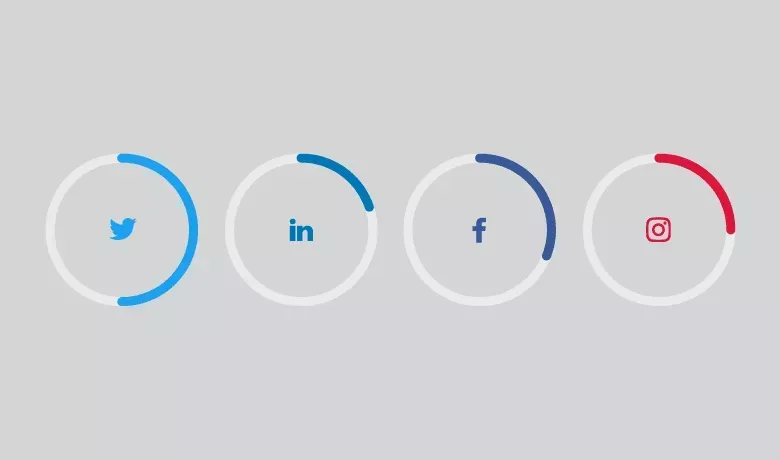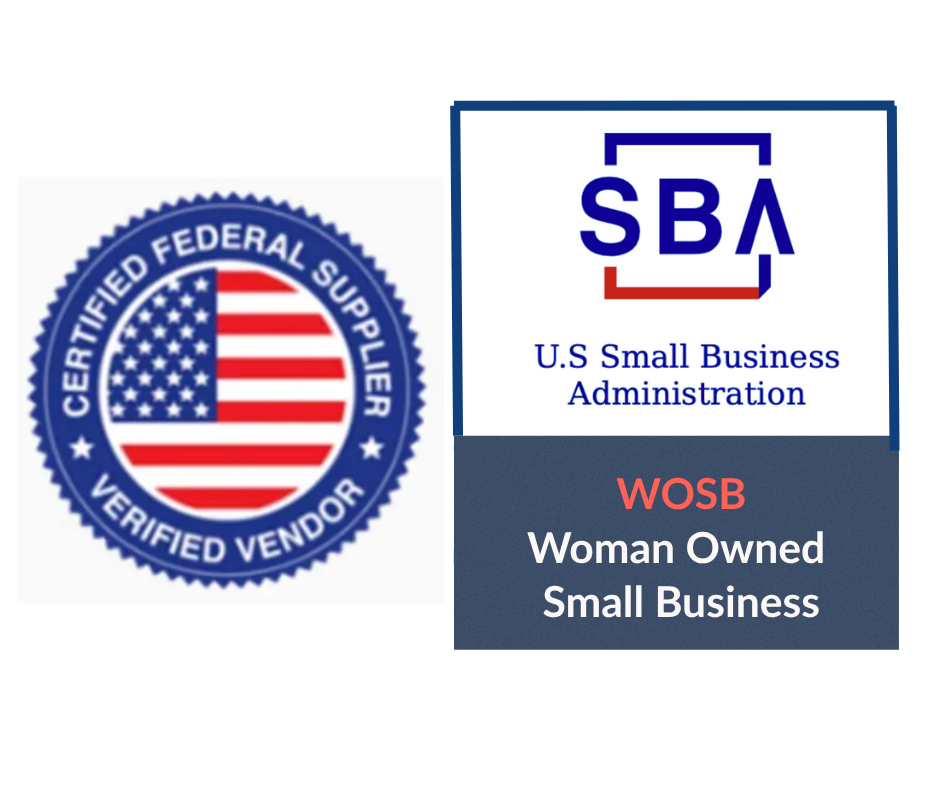PPC Marketing for Small Businesses:
Finding the Right Time and Place to Invest
Pay-per-click (PPC) advertising is a powerful tool for small business owners who want to get their message in front of their target audience. However, with a limited budget, it can be challenging to know when and where to invest in PPC marketing. It is important to find the right time and place to invest, so you can maximize your return on investment (ROI).
In this blog post, we will explore the various factors that affect the success of PPC advertising, including the size of your business, your industry, and your overall marketing goals.
- Intro to PPC Marketing
- Benefits of PPC Marketing for Small Businesses
- How to Determine if PPC Marketing is Right for Your Small Business
- Setting a Budget for PPC Marketing
- Choosing the Right Keywords for Your PPC Campaign
- Creating Effective Ad Copy for Your PPC Campaign
- Setting Up a Landing Page for Your PPC Campaign
- Launching Your PPC Campaign
- Analyzing and Adjusting Your PPC Campaign
I will walk you through the steps of creating a successful PPC campaign, including choosing the right keywords, setting a budget, and tracking your results. By the end of this post, you will have a solid understanding of how to make PPC advertising work for your small business.
1. Intro to PPC Marketing
2. Benefits of PPC Marketing for Small Businesses
One of the primary advantages of Pay Per Click is that it offers a targeted approach to advertising. Unlike traditional advertising methods such as billboards or TV commercials, PPC allows you to target a specific audience based on their search queries and online behavior. This means that your ads will only appear to people who are actively searching for your products or services, making it more likely that they will convert into customers.
Another benefit of PPC advertising is that it offers a measurable return on investment (ROI). With PPC, you only pay when someone clicks on your ad, which means that you can track exactly how much you're spending on advertising and how many conversions you're generating. This allows you to make data-driven decisions about your marketing strategy and adjust your campaigns to maximize your ROI.
PPC is also highly customizable. You can create ads that are tailored to specific keywords, locations, and even times of day. This allows you to target your ads to the right people at the right time, increasing the likelihood that they will convert into paying customers.
Finally, PPC offers a level of flexibility that is not available with other advertising methods. You can adjust your ad campaigns in real-time, making changes to your targeting, ad copy, and bidding strategy as needed. This allows you to optimize your campaigns for maximum results and ensures that your advertising budget is being used effectively.
Overall, PPC can be a highly effective marketing strategy for small businesses. By leveraging the benefits of targeted advertising, measurable ROI, customization, and flexibility, you can reach your ideal customers and drive conversions at a cost-effective price point.
3. How to Determine if PPC Marketing is Right for Your Small Business
4. Setting a Budget for PPC Marketing
Setting a budget for PPC marketing is a crucial step in ensuring a successful campaign. Small businesses may have limited funds to allocate to marketing, but allocating a portion of the budget to PPC advertising can yield significant returns on investment.
When setting a budget for PPC marketing, it's important to consider the cost per click (CPC) for the keywords you want to target. Some keywords may be more expensive than others, and bidding on highly competitive keywords may quickly deplete your budget.
Another factor to consider is the duration of your campaign. A short-term campaign may require a higher budget to achieve the desired results, while with a long-term campaign, you may be able to sustain a lower budget over a longer period. It's also important to monitor your budget throughout the campaign and adjust it if necessary. If your ads are performing well and generating a high return on investment, you may consider increasing your budget to maximize your results. On the other hand, if your ads are underperforming and not generating the desired results, it may be time to reevaluate your budget and adjust accordingly.
Overall, setting a budget for PPC marketing requires careful consideration and planning. By allocating the right amount of funds and monitoring your campaign closely, you can achieve significant results and grow your small business.
5. Choosing the Right Keywords for Your PPC Campaign
6. Creating Effective Ad Copy for Your PPC Campaign
Creating effective ad copy for your PPC campaign is one of the most important elements of a successful PPC campaign. Your ad copy should be targeted towards your ideal audience, engaging, and persuasive.
Here are a few tips to help you create effective ad copy for your PPC campaign:
1. Use attention-grabbing headlines: Your headline is the first thing that your potential customer will see. Make sure your headline is engaging, attention-grabbing, and relevant to your product or service.
2. Highlight your unique selling points: You need to stand out from the competition, and one way to do that is by highlighting your unique selling points. What sets your product or service apart? Why should someone choose your business over your competitors?
3. Use persuasive language:
Your ad copy needs to be persuasive. Use language that speaks directly to your potential customer and convinces them to take action.
4. Include a strong call to action:
Your call to action (CTA) is the final push to get your potential customer to take action. Make sure your CTA is clear, concise, and compelling.
5. Test, test, test: Finally, it's important to test your ad copy to see what works best. Try different headlines, CTAs, and unique selling points to see what resonates best with your audience.
By following these tips, you can create effective ad copy for your PPC campaign that engages your audience, highlights your unique selling points, and ultimately drives conversions.
7. Setting Up a Landing Page for Your PPC Campaign
8. Launching Your PPC Campaign
Launching your PPC campaign is an exciting and crucial step in the process of promoting your small business. Before you hit the launch button, take a deep breath and ensure that everything is in order.
Here are some key things to consider before launching your PPC campaign:
1. Define your goals: What do you want to achieve with your PPC campaign? Is it to increase website traffic, generate more leads, or boost sales? Define your goals and ensure that they are specific, measurable, and attainable.
2. Choose the right keywords: Selecting the right keywords is critical to the success of your PPC campaign. Conduct thorough keyword research to identify the most relevant and profitable keywords for your business.
3. Create compelling ad copy:
Your ad copy should be eye-catching, relevant, and persuasive. It should clearly communicate the value proposition of your business and entice users to click on your ad.
4. Set your budget:
Determine your daily and monthly budget for your PPC campaign. Be realistic about your budget and ensure that you are allocating enough funds to achieve your goals.
5. Monitor and optimize your campaign: Once your PPC campaign is live, monitor it closely and make adjustments as needed. Continuously test and refine your ad copy, targeting, and bidding strategy to improve performance and maximize your ROI.
Launching a successful PPC campaign takes time, effort, and expertise. Consider partnering with a reputable PPC agency or consultant to help you navigate the complexities of PPC advertising and achieve your marketing goals.
9. Analyzing and Adjusting Your PPC Campaign
Summary
PPC marketing can be a powerful tool for small businesses to generate leads, drive traffic, and increase sales. However, it's important to find the right time and place to invest in PPC marketing. Before jumping into a PPC campaign, small businesses should consider their budget, target audience, and overall marketing goals.
It's also important to continuously monitor and optimize PPC campaigns to ensure you are delivering the desired results. A well-executed PPC campaign can be a game-changer for a small business, but it's important to approach it with a strategic mindset and a careful eye on the bottom line.
Ultimately, small businesses should view PPC marketing as one piece of a larger marketing puzzle, and look for ways to integrate it with other tactics such as SEO, content marketing, and social media. By taking a holistic approach to marketing, small businesses can build a strong online presence and drive growth over the long term.
We hope you found this blog post helpful in understanding PPC marketing for small businesses. Knowing when and where to invest your marketing budget is crucial to the success of your business, and PPC advertising can be a great tool when used correctly. With the tips and insights provided in this post, you will be better equipped to make informed decisions about your PPC strategy.
Remember, investing in PPC advertising can be a significant driver of growth for your business, but it should always be done strategically and with careful consideration. For a Done-For-You PPC campaign, contact us
>>>
here


